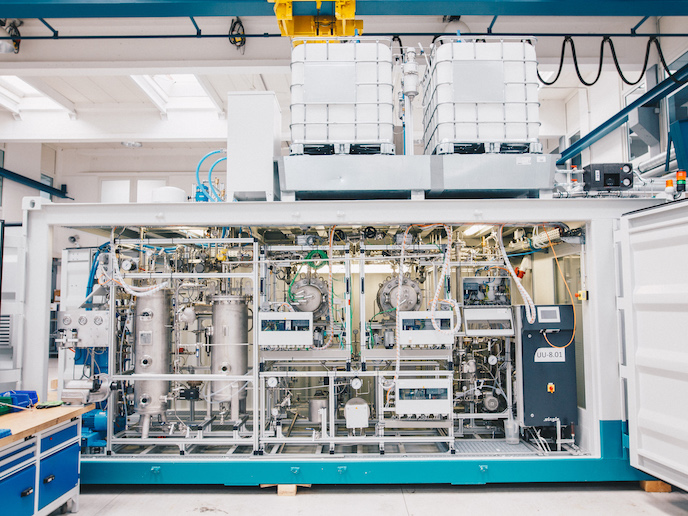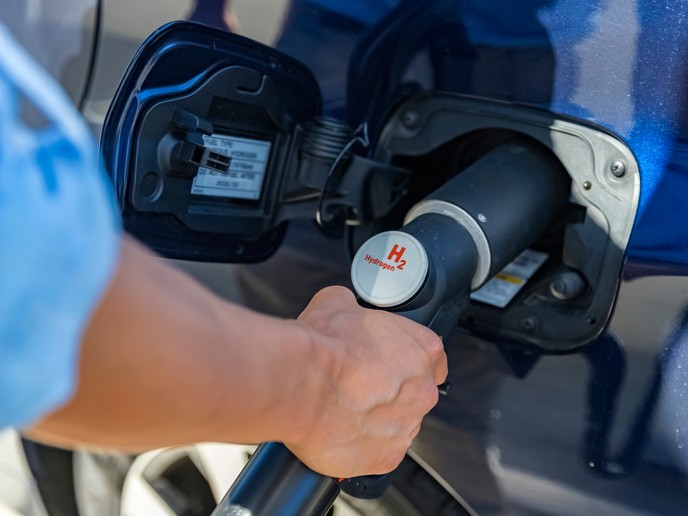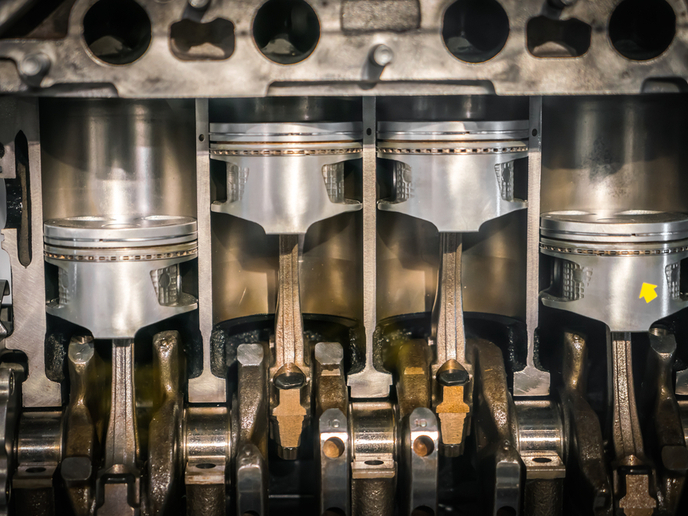Milestone reached on the road to a hydrogen economy
Hydrogen is widely used in a range of industrial applications including food processing and oil refining. Recently hydrogen powered mobility and energy initiatives have become growth areas across Asia, Europe and the United States (US), due to its vast potential to reduce emissions. However, hydrogen’s extremely low density means it's necessary to compress the gas to pressures of up to 700 bar or liquefy it at temperatures below -250 °C to store and transport it. These options are technically challenging, inefficient and very expensive as they require large infrastructure investment. Since its foundation in 2013, Hydrogenious Technologies has focused on the commercialisation of a technology called Liquid Organic Hydrogen Carrier (LOHC) for the safe and efficient transport of hydrogen in liquid carrier oils. With EU support the Hydrogenlogistics project engineered, constructed and tested at industrial scale, a modular LOHC dehydrogenation system (ReleaseBOX) for supply to hydrogen refuelling stations (HRS) – one of the key markets for the technology. This is the world’s first LOHC plant operating with compression and pressure swing adsorption technology to produce high-pressure and high-quality hydrogen for HRS applications. The LOHC The concept of chemical hydrogen storage in LOHC has been known since the 1970s. The contribution of Hydrogenious Technologies was to identify a suitable carrier fluid, dibenzyltoluene – a readily available low-price heat-transfer fluid, as well as to optimise and scale the chemical processes for a market-ready product. “The storage density of hydrogen in LOHC is up to five times higher compared to conventional high pressure storage, meaning a cubic meter of LOHC can carry around 57 kg of hydrogen. This means increased transport capacity on trucks, trains or ships, resulting in reduced costs to customers,” says Dr Martin Schneider, Head of Product Management at Hydrogenious Technologies. The chemical storage in dibenzyltoluene is reversible and so this LOHC fluid can be recycled several hundred times. Furthermore, as the hydrogen carrier is non-toxic, hardly flammable and non-explosive, it can be transported at ambient conditions via the existing infrastructure for liquid fuels (pipelines, tank trucks, ships, trains). A driver of the coming green growth revolution Meeting the EU’s target of an overall 80 % reduction in greenhouse gas emissions by 2050 will necessitate a drastic change in how the transport, heating and industrial sectors operate. Substituting fossil fuels with renewables in the mobility and transport sector will have to be combined with efficient ways to make volatile renewable energy available on mobile platforms. Hydrogen is a promising option here, as it can be produced by renewable sources which ‘split’ water’s bonded hydrogen and oxygen molecules, under a process called electrolysis. Additionally, it offers quick refuelling with a long range, even for large cars, trucks and buses. Today, Hydrogenious can offer a StoragePLANT with a hydrogen uptake capacity of 12 tonnes per day and release units for the supply of 1.5 tonnes of hydrogen per day for industrial hydrogen supply or HRS applications. Hydrogenlogistics’s systems have been in field operation with a US-based industrial hydrogen supplier (United Hydrogen Group) since 2018. The team are currently constructing two units for an EU-funded project called HySTOC, with field testing planned for later this year. Additionally, preparation is underway to install a pilot unit at a commercial HRS in Germany, to be launched in 2020. “Through our LOHC technology international large-scale hydrogen transport becomes technically and economically feasible. LOHC provides the missing link towards a global hydrogen economy,” says Dr Schneider.
Keywords
Hydrogenlogistics, hydrogen, power, energy, transport, mobility, emissions, refueling stations, heating, industrial, green growth







